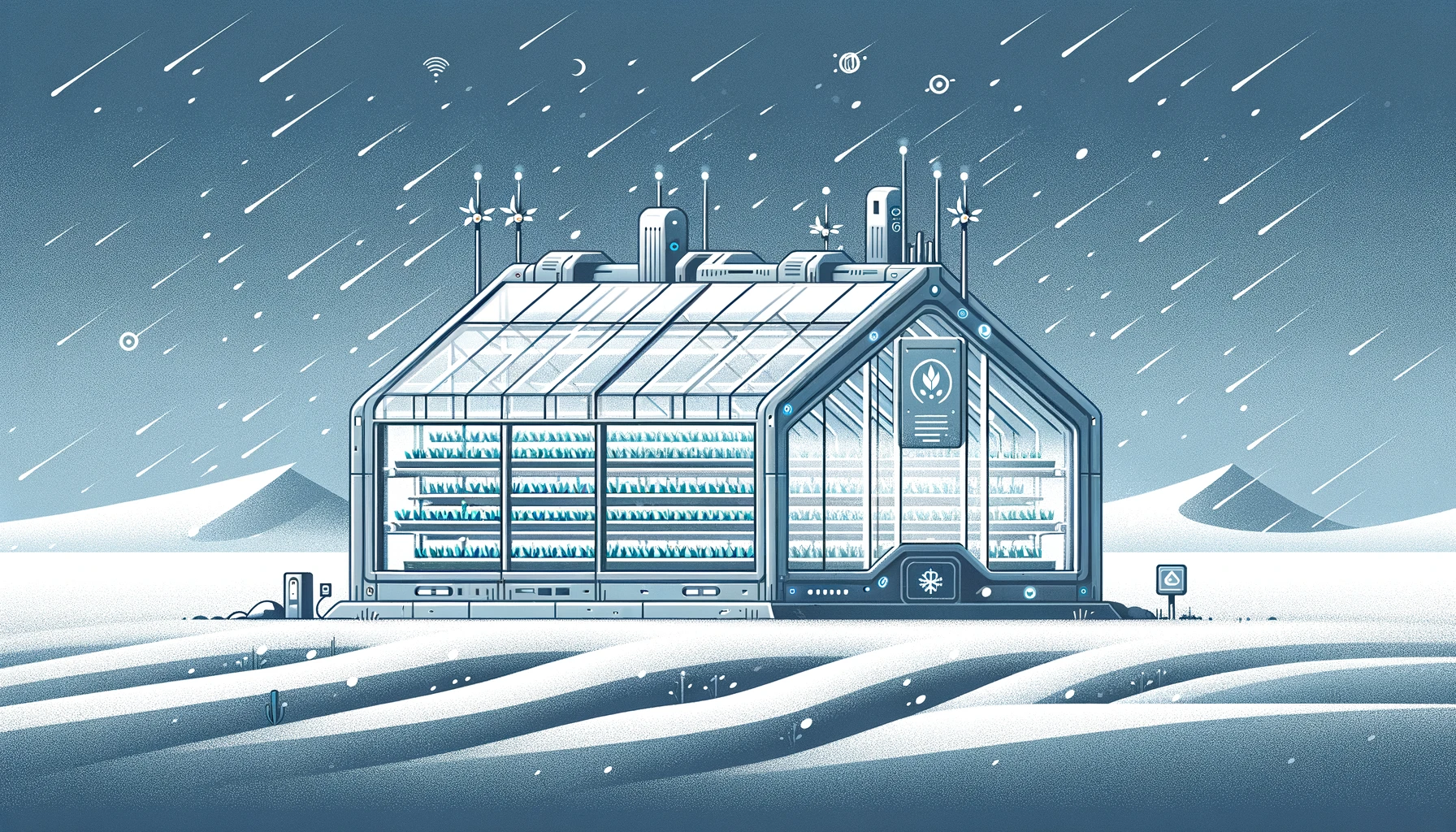Addressing a Global Agricultural Challenge
Iyris, an agtech startup specializing in innovative solutions for sustainable agriculture, has secured $16 million in Series A funding to expand its operations. This latest investment round was led by prominent venture capital firms, with participation from industry leaders in agriculture and technology. The funding will be used to scale Iyris’s operations and accelerate the deployment of its advanced climate-resilient agricultural technologies.

The Need for Innovation in Agriculture
As climate change continues to impact global food production, traditional farming methods are becoming less reliable. Extreme weather conditions, such as droughts, floods, and temperature fluctuations, pose significant challenges to growing fresh produce. Iyris aims to address these issues by developing technologies that enable efficient cultivation of crops in difficult climates, ensuring a stable food supply despite environmental uncertainties.

Iyris’s Technological Advancements
Iyris’s core innovation lies in its proprietary system that integrates advanced sensors, data analytics, and automated climate control to optimize growing conditions for a variety of crops. This system is designed to:
- Monitor and adjust: Constantly monitor environmental variables and adjust conditions in real-time to maintain optimal growth environments.
- Resource efficiency: Utilize water and nutrients more efficiently, reducing waste and environmental impact.
- Predictive analytics: Use predictive algorithms to anticipate and mitigate potential issues before they affect crop yields.
These technologies allow farmers to grow high-quality produce with less dependency on favorable weather, making agriculture more resilient to climate change.
The Impact on Agriculture
The successful deployment of Iyris’s technology has the potential to transform the agricultural industry, particularly in regions that face harsh climate conditions. By enabling year-round cultivation of fresh produce, Iyris can help mitigate food shortages and enhance food security globally. Moreover, the efficient use of resources aligns with the growing emphasis on sustainable farming practices.
Investor Confidence and Market Potential
The $16 million funding round reflects strong investor confidence in Iyris’s technology and its market potential. Leading the investment were Greenfield Ventures and AgriTech Innovators, with additional support from existing investors who have witnessed Iyris’s rapid progress and impact. The capital will be instrumental in scaling up production and expanding the company’s reach to more regions facing agricultural challenges.
Perspectives on the Future of Agriculture
From my point of view, the success of companies like Iyris represents a significant step forward in addressing the pressing issues of food security and sustainable agriculture. The integration of advanced technology into farming practices not only improves efficiency but also ensures a more resilient food supply chain. However, it is crucial to balance technological advancements with traditional knowledge and practices to create holistic and sustainable agricultural solutions.
Pros and Cons of Technological Integration in Farming
Pros:
- Increased efficiency: Automation and data-driven insights lead to better resource management and higher yields.
- Climate resilience: Technologies like those developed by Iyris enable farming in less favorable climates, ensuring food production continuity.
- Sustainability: Efficient use of water and nutrients reduces environmental impact, aligning with global sustainability goals.
Cons:
- Initial costs: High initial investment in technology can be a barrier for small-scale farmers.
- Technological dependency: Over-reliance on technology might lead to a loss of traditional farming knowledge and practices.
- Access inequality: Ensuring equitable access to these advanced technologies remains a challenge, especially in developing regions.
As I see it, the future of agriculture lies in the successful integration of technology to create sustainable, efficient, and resilient farming practices. Iyris’s innovative approach is a promising example of how technology can address some of the most pressing challenges in agriculture today.






